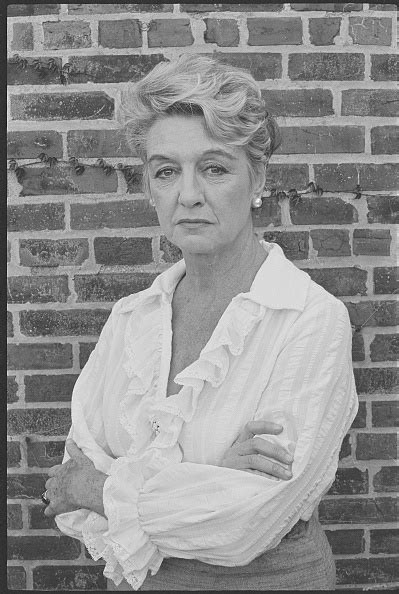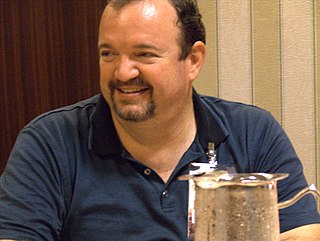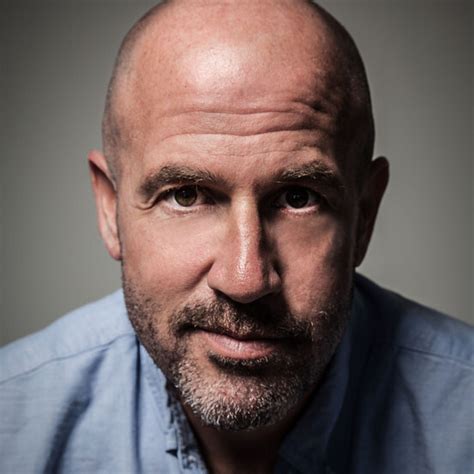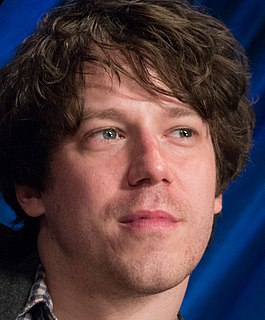A Quote by Marya Mannes
Euthanasia ... is simply to be able to die with dignity at a moment when life is devoid of it.
Related Quotes
In legal parlance, that is called 'the rational person test,' ... That's where somebody else says, 'Even though we have no idea what this person would want in this circumstance in which they cannot themselves tell us what they want, a 'rational' person - meaning, myself - in that circumstance would want to die.' So you move very quickly from so-called voluntary euthanasia to involuntary euthanasia. These legal and medical developments are not simply hypothetical They're in the courts right now.
We are left with nothing but death, the irreducible fact of our own mortality. Death after a long illness we can accept with resignation. Even accidental death we can ascribe to fate. But for a man to die of no apparent cause, for a man to die simply because he is a man, brings us so close to the invisible boundary between life and death that we no longer know which side we are on. Life becomes death, and it is as if this death has owned this life all along. Death without warning. Which is to say: life stops. And it can stop at any moment.
Since it is possible that thou mayest depart from life this very moment, regulate every act and thought accordingly. But to go away from among men, if there are gods, is not a thing to be afraid of, for the gods will not involve thee in evil; but if indeed they do not exist, or if they have no concern about human affairs, what is it to me to live in a universe devoid of gods or devoid of Providence? But Gods there are, undoubtedly, and they regard human affairs; and have put it wholly in our power, that we should not fall into what is truly evil.
All human life-from the moment of conception and through all subsequent stages-is sacred, because human life is created in the image and likeness of God. Nothing surpasses the greatness or dignity of a human person...If a person's right to life is violated at the moment in which he is first conceived in his mother's womb, an indirect blow is struck also at the whole moral order.






























